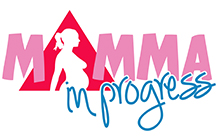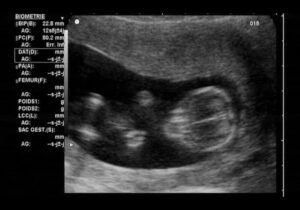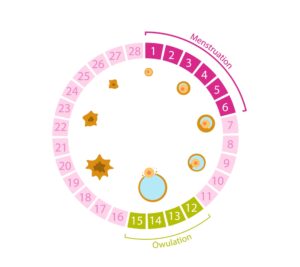Elevated levels of prolactin occur in pregnant women and postpartum women: hyperprolactinemia must be treated because it causes infertility. What are the remedies for regulating high prolactin levels? Let’s discover them in this guide.
Elevated prolactin levels: causes and symptoms
The pituitary gland is responsible for the production of prolactin, the hormone that, following childbirth, promotes the production of breast milk.
Typically, it is present in the body in small amounts, and, keeping in mind that laboratory values may vary, in women, prolactin levels are roughly between 2 and 29 nanograms per milliliter, with the exception of the pregnancy period, during which there is a significant increase.
For men, the reference values are slightly lower.
But what happens when the body registers high levels of prolactin?
Hyperprolactinemia affects, more frequently, women of childbearing age, causing irregularity or even the total absence of the menstrual cycle (amenorrhea).
Amenorrhea causes a condition of infertility because ovulation does not occur, resulting in difficulty getting pregnant.
The causes could be traced to the malfunction of the pituitary gland, but also to the administration of certain antidepressant, antipsychotic, or blood pressure medications.
Hyperprolactinemia: Natural Remedies
In case blood tests reveal excessive levels of this hormone, one could opt for a completely natural remedy such as chaste tree, a plant belonging to the Verbenaceae family, which has the power to regulate the hormonal system, thus impacting improved ovulation and menstrual cycle regularity.
Chaste tree significantly helps lower high prolactin and FSH levels by acting on the pituitary gland and also plays a positive and crucial role in progesterone production.
Also known as “false pepper,” it is obtained from the fruits that contain its essential oil, flavonoids, alkaloids, and glycosides. Among its various properties, it also has sedative effects that help alleviate anxiety and stress-related disorders.
Furthermore, chasteberry is an excellent aid during menopause. It helps cope with states of depression, nervousness, and irritability, as well as physical discomforts like bloating, fluid retention, and hot flashes.
Chasteberry: where to buy it and products
Chasteberry is available in tablets and drops, and it’s always advisable to consult a doctor before using it. You can purchase a package of Solgar Agnocasto dietary supplement at the pharmacy, parapharmacy, herbalist shop, or any other e-commerce platform.
This product contains 90 chasteberry capsules that act on the main neuroendocrine regulation center, supporting the production of luteinizing hormone (LH) that regulates the hormonal cycle.
Regular menstrual cycles and normal prolactin levels are fundamental requirements for female fertility.
Product composition: Chasteberry (Vitex agnus-castus L.) powdered fruit. Hydroxypropylmethylcellulose. Anti-caking agents: Vegetable magnesium stearate, Silicon dioxide. ErbaVita Chasteberry 60 capsules, a natural source of agnuside, is another interesting natural remedy for regulating the menstrual cycle.
Based on EVFE® extract (Erba Vita FibrEnzymatic) of Chasteberry, it is necessary to take 1 capsule per day with water. It is important to note that those who are already taking medications that affect cycle control, including birth control pills, should avoid taking Chasteberry.

 Italiano
Italiano



